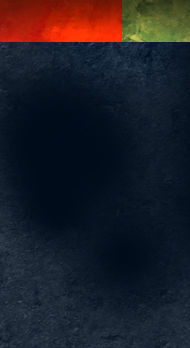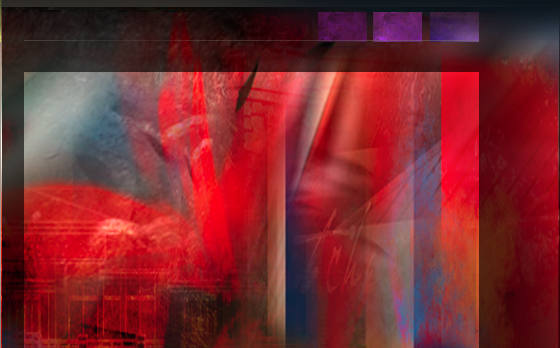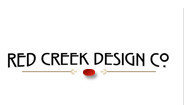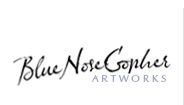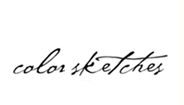Motion in Artwork
Creating a path in which the viewers eye will move can be done with color, texture or lines. It is a great way to center their focus when they look at your work. Red is always an immediate attention grabber and so are elements that are much brighter than the surrounding elements. Using them as the initial landing point is usually successful.

Once you establish the viewers landing point, path lines move the viewer’s eye where you want it to go. The lines can be actual lines such a s a road or walk. The path can also be created with landscaping, movement in the ground terrain, bright and dark variations, or the overall perspective of the piece. Placing a movement from the opposite direction, such as a stand of trees or some other opposing force will stop the eye movement at the focal point. A simple way to test your artwork’s movement is to close your eyes, open them quickly and see exactly where your own eye starts and stops. If your eye moves repeatedly in a similar path, you have been successful in creating a predictable motion in the piece. I chose this building rendering as an example because it has a very simplistic motion structure. Some have simple paths and some are much more complex and subtle, but motion is an important element in all of my work.



